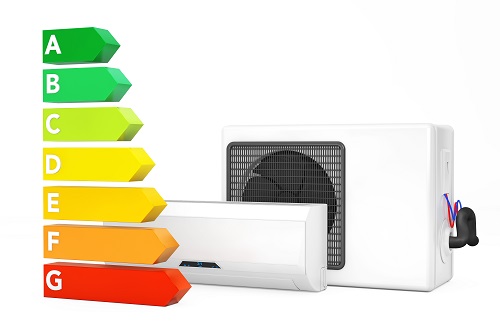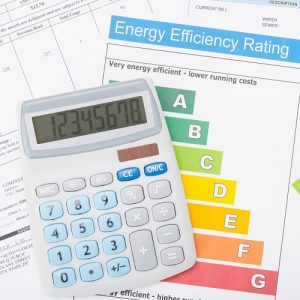
If you recently went around to look for a new air conditioning unit, you’d notice that there are SEER ratings that come with every unit. What exactly does it mean?
How do these ratings influence your decision? The abbreviation stands for Seasonal Energy Efficiency Ratio which basically indicates how efficient a particular Knoxville air conditioning system runs.
How is SEER calculated and what it means for your AC system
SEER, or the Seasonal Energy Efficiency Ratio, is a metric used to determine the efficiency of an air conditioning unit. It calculates the amount of heat transferred from one area over a specific time period in relation to the electricity consumed during that time. The SEER rating considers the unit’s performance across different temperatures throughout a cooling season. If the SEER rating is higher then it indicates a more efficient air conditioning unit that requires less electricity to cool a given space.
By assessing the SEER rating of an air conditioner, you gain insights into its energy-saving capabilities and efficiency. A higher SEER rating signifies a system that can cool your space effectively while consuming less energy. This translates to reduced electricity bills and a more environmentally friendly cooling solution.
What’s the ideal SEER rating?
More than a decade ago, air conditioning units had SEER ratings as low as 6. Nowadays, AC systems are rated at around 13-25. The efficiency of the units has grown significantly over the years as cooling technology advances.
The Department of Energy has set SEER rating requirements for air conditioning units. However, the requirement may vary depending on your location. Some areas have a requirement of 13 while others need to have 14.
 If you’re oblivious about SEER ratings and what is the required value in your location, contact experts like J.C.’s Heating and Air. They should know what type of air conditioning unit to recommend.
If you’re oblivious about SEER ratings and what is the required value in your location, contact experts like J.C.’s Heating and Air. They should know what type of air conditioning unit to recommend.
Other efficiency indicators
EER or Energy Efficiency Ratio – unlike SEER, EER does not measure the performance of an AC unit through a range of outside temperatures. Rather, it measures efficiency through set inside and outside temperatures with 50% relative humidity.
ENERGY STAR – established in 1992 by the EPA or Environmental Protection Agency, the ENERGY STAR label is only given to products that pass the EPA’s standards.
Basically, these energy efficiency ratings give you a clear idea of how air conditioning units differ in terms of power consumption. There are a lot of differences from one brand to another but these ratings remain constant.
Focusing on these ratings would give you a better air conditioning unit in terms of efficiency regardless of which brand you choose. The next time that you are in the market for ACs, remember these:
There are several energy efficiency signs apart from SEER, such as EER and ENERGY star
- The size of the AC unit will make a huge difference. Be sure that the size you select is enough to cool your intended space
- Remember to have proper insulation for the intended area for better efficiency
- Efficiency is directly affected by performance. Always have your air conditioning units maintained to ensure proper operation all year round.
If you are uncertain about how to choose your air conditioning unit, you should consult the experts first. Air conditioning units cool the insides of your home, however, you need to ensure that the AC you choose is capable of cooling the target space. Consult a professional air conditioning contractor at all times including purchases, repair, and maintenance.
Need help with your air conditioning unit? Give J.C.’s Heating and Air a call today.
Like our Facebook page for more great info about heating and cooling services.
J.C.’s Heating and Air
3709 N Broadway
Knoxville, TN 37917
(865) 388-1712
https://jcsheatingandair.com/
Areas Served: Corryton, Fountain City, Halls Crossroads, Farragut, Powell, Knoxville, Knox County, Oak Ridge, Lenoir City
